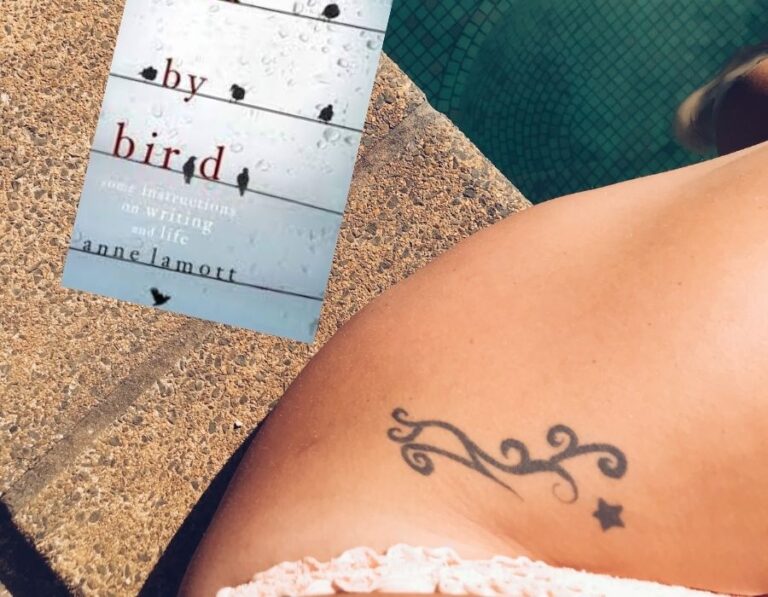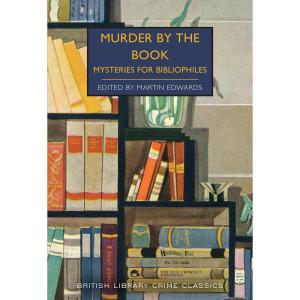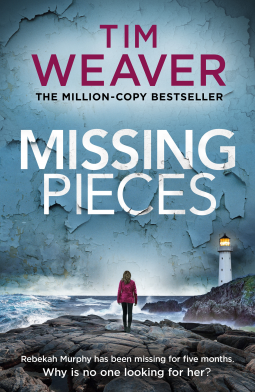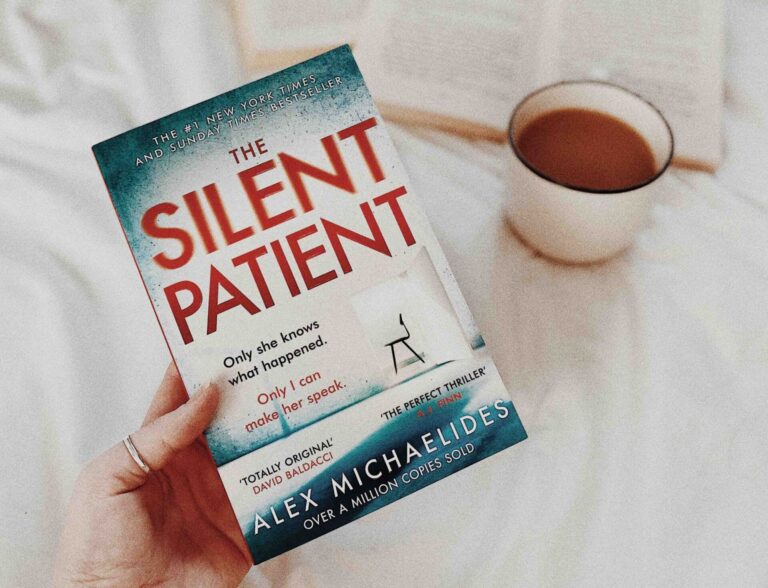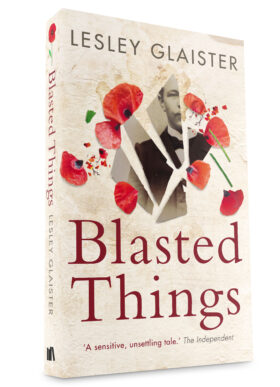
Eleanor Hamilton is a dutiful mother, a caring sister and an adoring wife to a celebrated war hero. Her husband, Edward, is a pioneer in the eugenics movement. The Hamiltons are on the social rise, and it looks as though their future is bright.*An International Bestseller from the author of People Like Us, shortlisted for the RSL Christopher Bland Prize and the RNA Historical Romantic Novel Award 2021*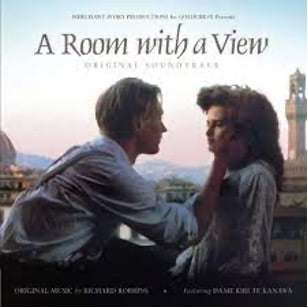
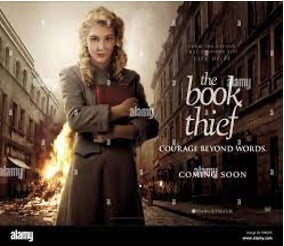
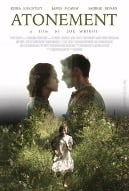
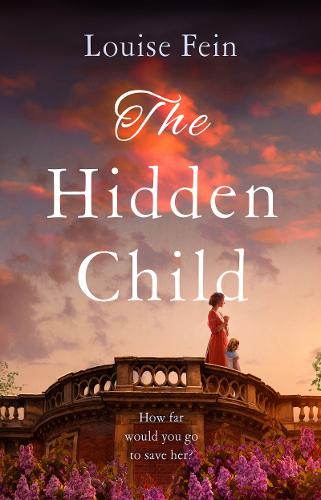
From the outside, Eleanor and Edward Hamilton have the perfect life, but they’re harbouring a secret that threatens to fracture their entire world.
A beautiful, romantic film made back in 1985 which captures the tone and times of late Edwardian England, of course based on the novel by E.M. Forster (published in 1908). It is set both in Italy and England and is about the well-bred Lucy Honeychurch, who finds herself swept up by a passion for the young and free-spirited George Emerson, who is also to be regarded as entirely unsuitable by her family. Full of suppressed feelings and the restrictions of class and race, this lavish film is wonderful to watch.
The Book Thief
Will Eleanor and Edward be able to fight for their family? Or will the truth destroy them?
1917
Follow the author:

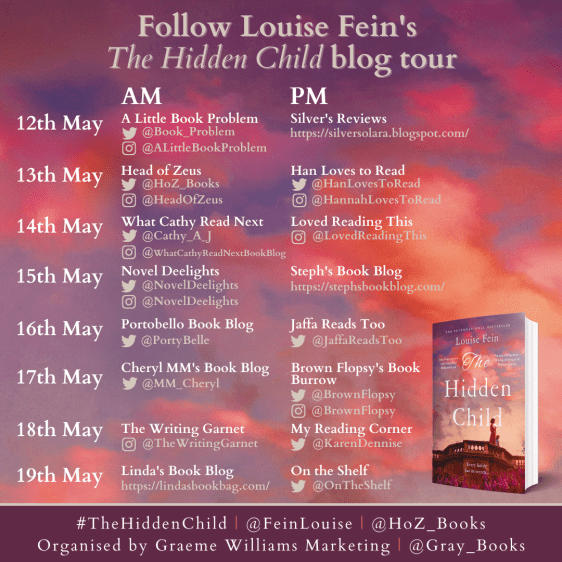
I actually loved the book as well, but the film made of this heart-breaking, World War two story is also very moving and beautifully made. The story is about Liesel who at twelve years old suffers the loss of her brother who dies on a train they are travelling on. As he is buried next to the tracks, she steals her first book, The Grave Digger’s handbook. Her mother, accused of being a communist, is gone and Liesel is raised by foster parents, Rosa and Hans in Munich. She meets Rudi, the boy who lives next door, and so begins an innocent relationship which turns out to be love, although Liesel doesn’t realise it. This film is about ordinary people who do the best they can; about the power of books and stories and words, and about the endless ability of humans to do both infinitesimal amounts of good and evil.
Atonement
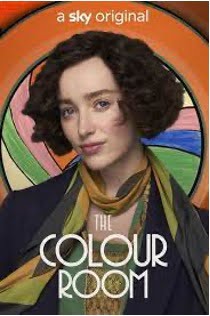
When Mabel, their young daughter, begins to develop debilitating seizures, they have to face an uncomfortable truth: Mabel has epilepsy – one of the ‘undesirable’ conditions that Edward campaigns against.
The Hidden Child was one of my favourite books of 2021. You can read my review here to see why I loved it so much and I was delighted to be invited to take part in the tour for the paperback release. My thanks to Graeme Williams for the invite. For my turn, I have a fabulous post from Louise which I hope you enjoy.
The Hidden Child is a historical fiction novel set in the 1920’s and is inspired by real events and historical figures. My film choices here are all from a similar time period, and are based true events or reference sentiments, living conditions and ideals from those times. Films can be a great resource for research for historical novelists in addition to reading. Made in 2007, Atonement is a great film based on the excellent novel by Ian McEwan. The film spans six decades, beginning in the 1930’s when the young Briony, daughter of a wealthy family, witnesses her older sister and the housekeeper’s son, Robbie together, but misinterprets what is going on. Further events that evening result in Robbie being arrested and convicted for a crime he didn’t commit. The story continues over the decades with the crime that was at the heart of the story coming again to the fore as Briony realises her mistakes from the past. The film also reflects accurately the metafiction aspects of the book which are revealed at the end. You will have to watch it to find out what these are!
London, 1929


